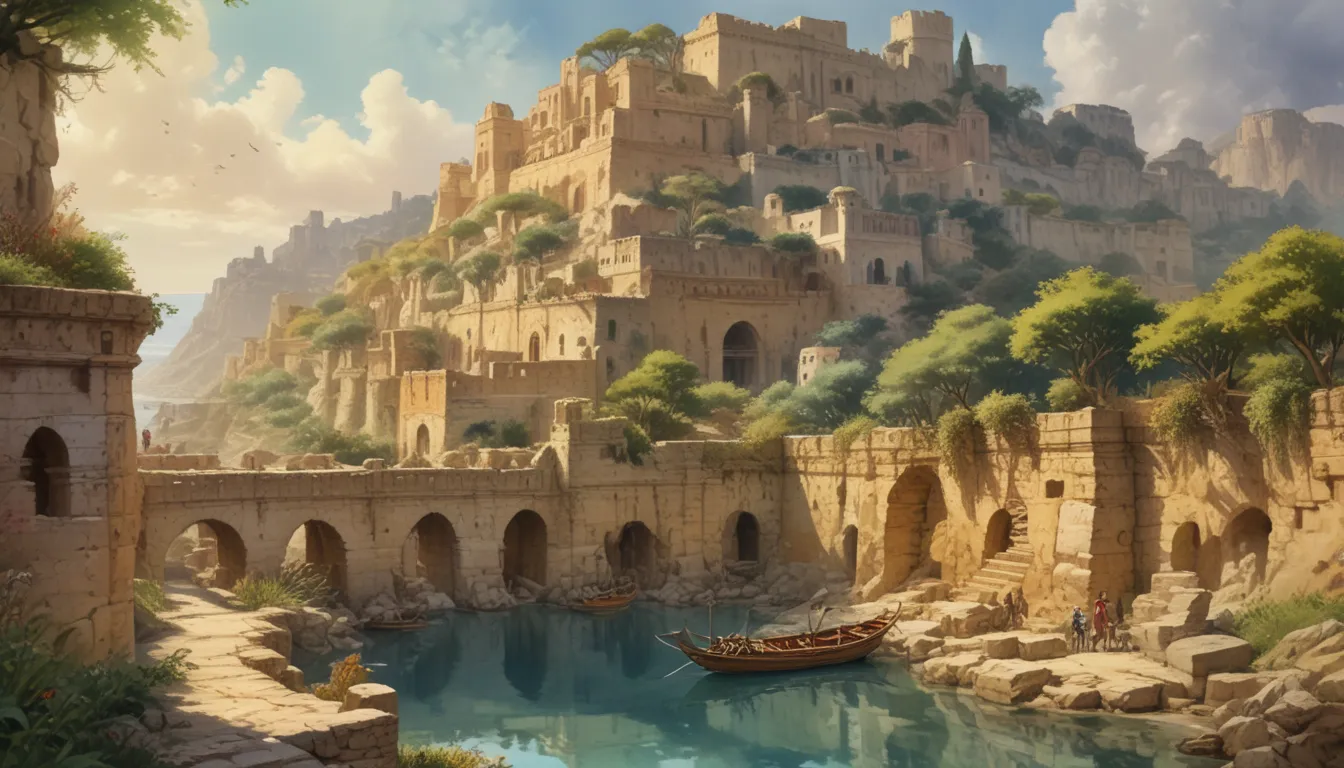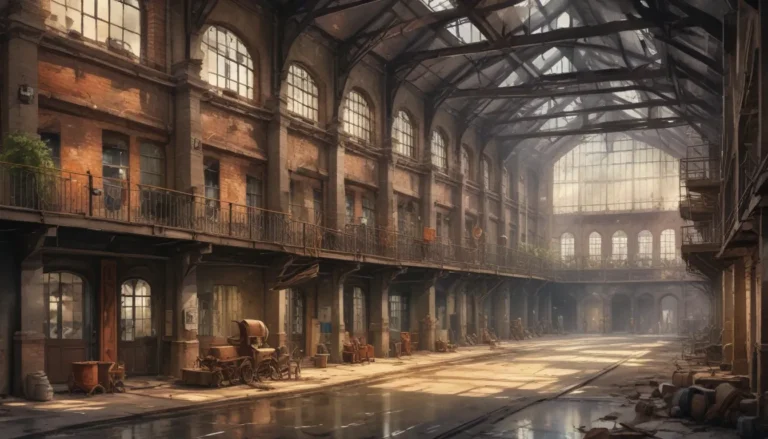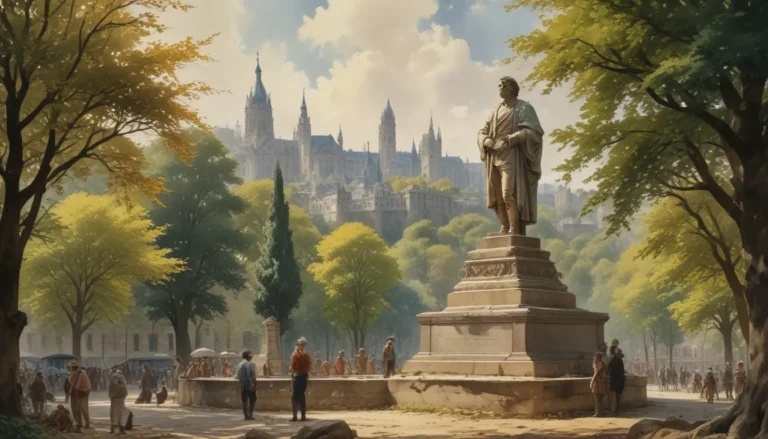The images in our articles are for illustrative purposes only and may not exactly match the content. They are intended to capture your interest and complement the text, not to replace it.
Are you ready to embark on a journey through time to explore the captivating world of Carthage? Nestled in present-day Tunisia, this ancient city has a rich and turbulent history that continues to intrigue travelers and historians alike. From its legendary founder to its innovative naval technology, Carthage is a treasure trove of historical gems waiting to be discovered. Join us as we delve into the fascinating facts that make Carthage a unique and compelling destination.
Unraveling the History of Carthage
Situated on the coast of the Mediterranean Sea, Carthage was a prominent city-state that played a major role in shaping the history of the region. Founded by Phoenician settlers around 814 BCE, Carthage quickly grew into a powerful maritime power with a vast trade network. The city was known for its impressive infrastructure, including grand palaces, harbors, and an intricate system of roads and aqueducts that showcased advanced urban planning.
The Rivalry with Rome
Carthage’s rivalry with the Roman Republic eventually led to the infamous Punic Wars, with the most renowned being the Second Punic War led by the daring Carthaginian general, Hannibal. Known for his military tactics and the use of war elephants, Hannibal’s crossing of the Alps remains one of the greatest military achievements in history. Despite their defeat in the Third Punic War in 146 BCE, Carthage continued to influence Roman culture, leaving a lasting impact on art, architecture, and literature.
The Cultural Heritage of Carthage
Carthage was not only a center of trade and commerce but also a hub of learning and artistic achievement. The city produced notable philosophers, scholars, and poets, reflecting a strong emphasis on education. The Carthaginians were skilled merchants and traders, with a thriving economy based on extensive trading networks that spanned the Mediterranean. The city’s patron goddess, Tanit, was worshipped as the protector of Carthage and its people, embodying fertility, motherhood, and the lunar cycle.
Exploring the Ruins of Carthage
Today, visitors can explore the archaeological remains of Carthage, designated as a UNESCO World Heritage site. Discover the ruins of buildings, baths, theaters, and the iconic Byrsa Hill, offering panoramic views of the ancient city. Immerse yourself in the rich cultural heritage and artistic achievements of Carthage as you stroll through the remnants of this once-great civilization.
FAQS about Carthage
-
When was Carthage founded?
Carthage was founded by Phoenician colonists in 814 BC. -
What is Carthage famous for?
Carthage is famous for being the capital of the ancient Carthaginian civilization and its extensive trade network in the Mediterranean. -
Are there any famous landmarks in Carthage?
Yes, Carthage is home to several famous landmarks, including the Carthage National Museum, the Byrsa Hill, the Punic Ports, and the Roman Amphitheater. -
What happened to Carthage after the Punic Wars?
After the Punic Wars, Carthage was destroyed by the Romans in 146 BC and later rebuilt as a Roman city. -
Can I visit Carthage today?
Yes, Carthage is now an archaeological site and a popular tourist destination. Visitors can explore the ruins and learn about the city’s history. -
Are there any museums dedicated to Carthage?
Yes, the Carthage National Museum is dedicated to preserving and exhibiting artifacts and artworks from the ancient city.
Unlock the mysteries of the ancient world as you delve into the history and heritage of Carthage. From its maritime power to its cultural legacy, this ancient city continues to fascinate and inspire visitors from around the globe. Explore the ruins, uncover the hidden gems, and immerse yourself in the captivating world of Carthage. Journey back in time and experience the wonders of this remarkable civilization.






